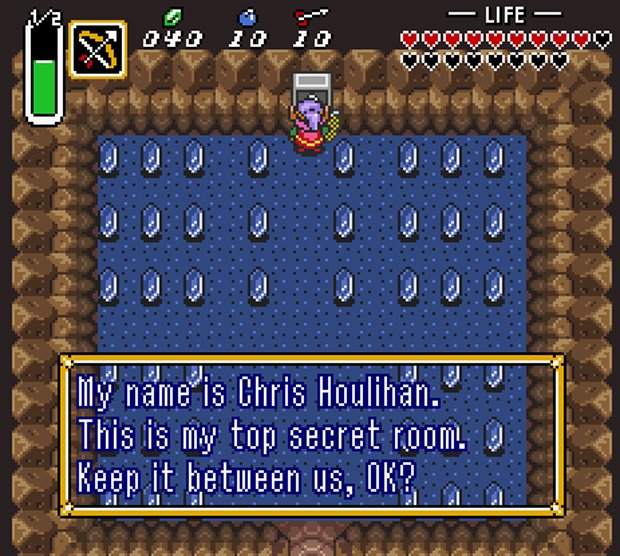Growing up playing RPGs has made many of us all-the-wiser to that legendary grind for experience points and video game currency. In these many travels to make-believe lands, one could always count on games to use the term, “experience points” in a format that was easy to recognize, like EXP or XP.
But in that moment when you first open up your inventory, you’re sure to be surprised by a form of video game currency that you’ve never seen before. Some of these currencies have made a special home in my childhood memories, especially when I was frequenting the local item shop to pawn off some of the loot I’d accumulated in battle. I’m sure you’ll remember them too. Here’s the top 5 video game currencies that defined my childhood.
Potch

Those that are familiar with the Suikoden series will be familiar with Potch which made its first appearance in America with Suikoden II. This is because the word was changed to Bits during translation of the first game. Potch comes in the form of golden coins that are typically acquired during battle, selling items, and in a friendly game of Chinchirorin (the addictive dice
In Suikoden II, players could exploit the Maximum Potch Cheat which allowed them to get 999,999 Potch, which was the maximum amount of currency allowed in the game, at the time.
Zenny

Many say its origin began with the Dragonball series where it was
Pokédollars

Pokémon Dollars or
In the Japanese version of Pokémon games, they stick with Yen since it’s their official currency. No one really knows what a Pokédollar looks like, but be careful not to
Gil

Gil is famous in the Final Fantasy series and rumor has it, that the currency’s name comes from a character in Final Fantasy IV. Known among fans as “the spoony bard”, Edward, the prince turned bard from Damcyan castle, was initially called
Although rarely ever seen in the Final Fantasy games, Gil can be found depicted in the form of coins consisting of various metals with each holding a different value. This is yet another form of video game currency that is inspired by Yen.
Rupees

Possibly the most famous video game currency of them
But it’s not uncommon to find these shimmering gems with conflicting values in different games. A fun fact many don’t know is that the iconic
All of these famous currencies have lasted through my childhood and are still a part of gaming today. They've inspired developers to continue this tradition of adding unique monetary systems to video games. While it's an element of gaming that we often don't talk much about, it still finds a way to leave a lasting impression. We'd love to know, what video game currency defined your childhood?



